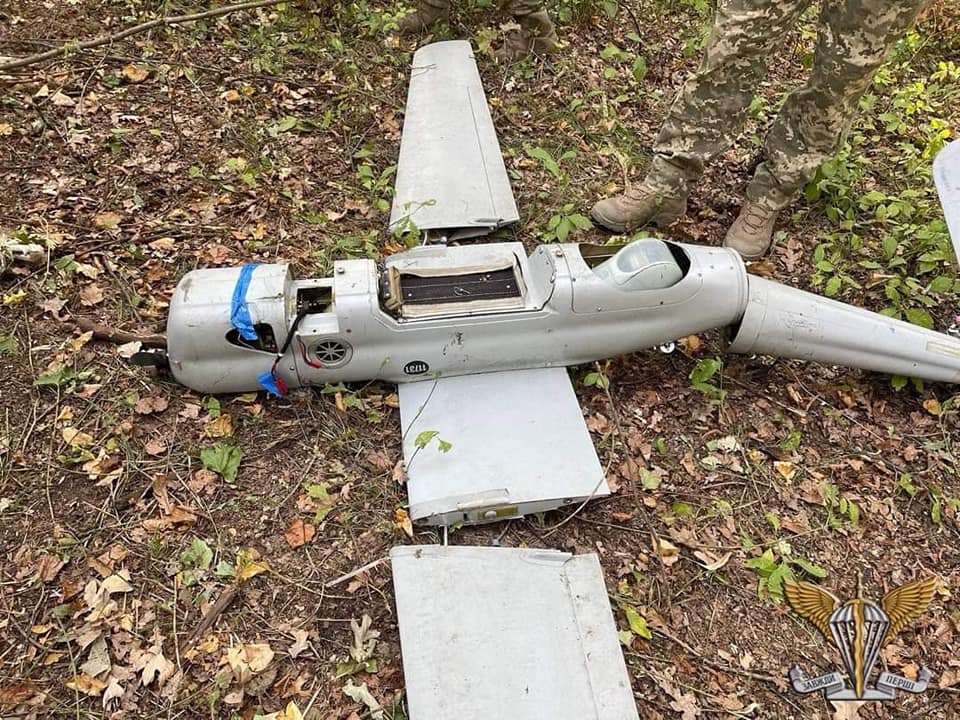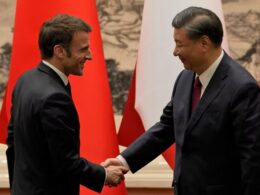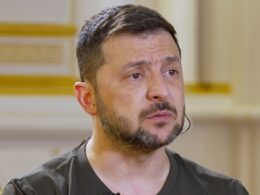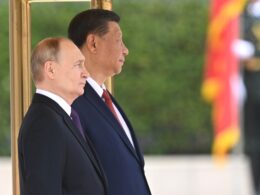The Office of the President of Ukraine reported that the research analyzed 174 foreign components seized from three models of UAVs utilized by Russian troops on the battlefield in Ukraine.
The Russian army regularly uses three main models of drones: Shahed-136/131, Lancet, and Orlan-10. At the same time, Russia still relies heavily on foreign-made components, including microelectronics, in the production of UAVs, the Presidential Office said.
According to a study by the Yermak-McFall Group, China is the leading supplier of critical components for Russian drones, accounting for 67% of shipments, with 17% of them going through Hong Kong.
According to the group, Türkiye and the United Arab Emirates account for 5% and 2% of components, respectively. Components made in Japan, the Republic of Korea, Switzerland, and other countries, including processors, chips, transistors, and other vital components, were also found in the drones.
At the same time, according to the group's report, many details are available through publicly accessible platforms, making regulatory oversight difficult.
In this regard, the group's experts called on the allies to take comprehensive measures to prevent Russia from accessing their products, bypassing economic sanctions.
"Russia uses drones extremely actively for mass attacks on infrastructure, civilian, and military objects in Ukraine, so it is deeply concerning to see that crucial components for producing enemy UAVs come from various states, including countries that are allies of Ukraine. This issue requires our immediate joint response. We must implement comprehensive measures to prevent the aggressor from using critically important components to continue military operations on Ukrainian territory,
" Andrii Yermak emphasized
The group proposed coordinating sanctions lists between partner countries, unifying lists of dual-use goods based on the Harmonized Commodity Code and expanding the categories of goods subject to sanctions based on the Harmonized Commodity Code.
Additionally, companies are encouraged to develop clearer instructions for adhering to legal requirements. Strengthening collaboration between manufacturers and governing bodies is recommended to enhance sanctions compliance and implement effective restrictive measures. Furthermore, experts call on governments to investigate prominent companies that fail to abide by established sanction policies.
According to experts, a more effective utilization of existing institutions and mechanisms is deemed necessary. For instance, it is anticipated that leveraging anti-money laundering mechanisms can bolster export control measures, given that evading sanctions often involves similar money laundering schemes.
The Office of the President noted that applying anti-money laundering methods to export control is valuable for identifying structures within third countries that are vital for producing and exporting military goods to Russia, especially if production occurs outside the coalition that imposed sanctions.
“The report from the Yermak-McFall working group serves as a call to action for enhancing international cooperation. Given our orientation within this complex landscape, the exchange of information and collaboration among coalition countries assume paramount importance. By working together, we can effectively employ sanctions and bolster oversight to curtail the unauthorized flow of critically important technologies,” an advisor to President Zelenskyy’s Office and member of the Yermak-McFaul international working group Vladyslav Vlasiuk noted.
Related:
- More than 30 Western components found in Iranian-made Shahed-136 UAVs – investigation
- Chinese companies manufacture drones for Russia, bypassing bans – Defense Express
- Some 450 foreign-made microelectronic components identified in Russian weapons recovered in Ukraine – RUSI
- Millions of Dutch chips end up in Russia despite EU sanctions – NOS/Nieuwsuur investigation
- Ukraine intel names companies whose guidance microchips found in Russian weapons




